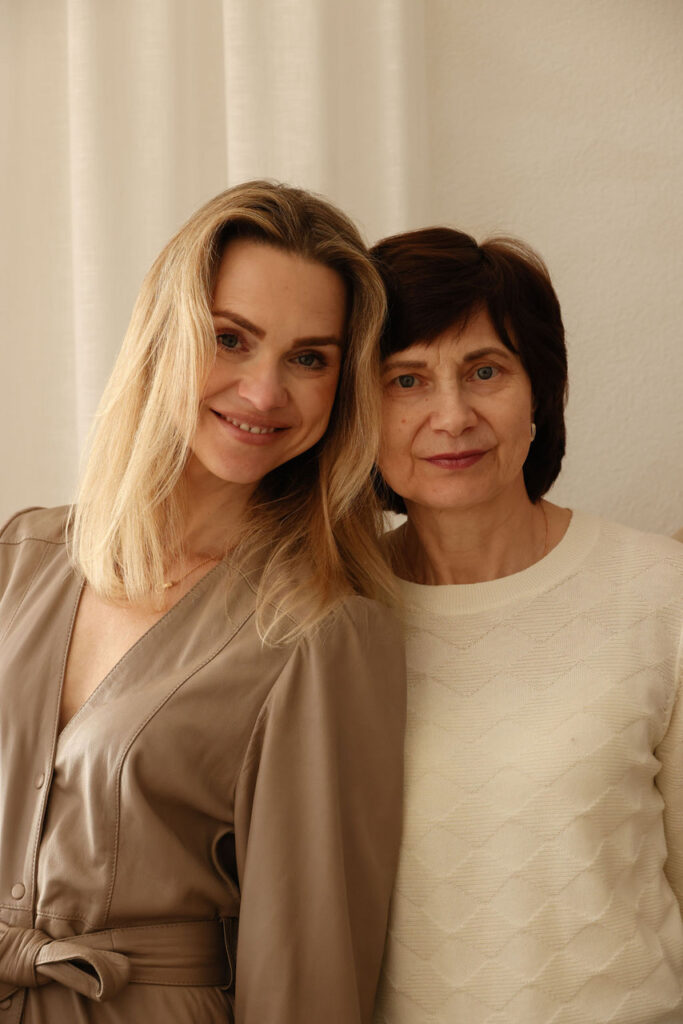May 9th. Victory and loss.
Today is Dyen Pobedy – Victory Day.
Across Russia and former Soviet countries, millions gather to honor the end of World War II.
While my parents watch the grand military parade on Red Square, my thoughts drift somewhere else. To a different kind of legacy. One not televised. One not celebrated.
The Soviet Union lost an estimated 27 million people. There was hardly a family untouched. In my own Russian-Ukrainian lineage, the grief runs deep:
All four of my great-grandfathers died in the first days of the war. Young men barely in their mid-thirties. Their bodies never returned. No funeral. No goodbye. What the women received was a small government card: Missing in Action.

When grief freezes, it becomes survival
My great-grandmothers were strong women. But when strength is never allowed to bend, it hardens into survival. And survival becomes a legacy. Passed down silently through body language, nervous systems, emotional silences.
And I feel it. In my difficulty relaxing. In the guilt that rises when I feel joy. In the part of me that hesitates to fully live – as if that would be a betrayal.
This is what unprocessed grief does. It becomes generational trauma. It turns into embodied patterns, carried by daughters and granddaughters who never knew the war, but live its aftershock.
Grief that isn’t felt becomes a pattern
In somatic therapy and family constellations, we often see this:
Grief that couldn’t be mourned
→ Becomes vigilance
→ Becomes perfectionism
→ Becomes an inability to rest
→ Becomes guilt around joy
And unless we give it a place unless we name it -it gets passed on.
Not because we choose it. But because our nervous system adapts to it.
I choose to live
So today, I don’t only look back. I look forward.
I eat with pleasure. I rest without guilt. I embrace the love I have, because they could not.
I grieve what they never could. And I let joy take up space.
This is how I honor them. Not just with memory, but with movement. Not just with silence, but with song. Not just by surviving, but by living.
This is the heart of trauma-informed generational work
It’s not about blame.
It’s about witnessing the invisible inheritance.
In inner child therapy, somatic trauma release, and family constellations, we explore:
- What was never said
- What was never grieved
- And how to take our rightful place in life—fully, and with peace
Does this resonate?
Send me a message. I’d love to hear what your story carries.
Marina van Dansik – Parent Coach and Therapist Haarlem
Supporting parents, professionals, and cycle-breakers with inner child therapy, somatic therapy, and trauma-informed family work.